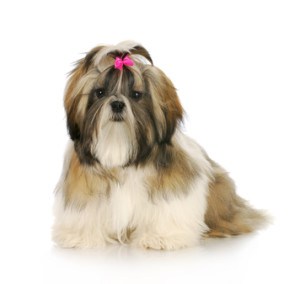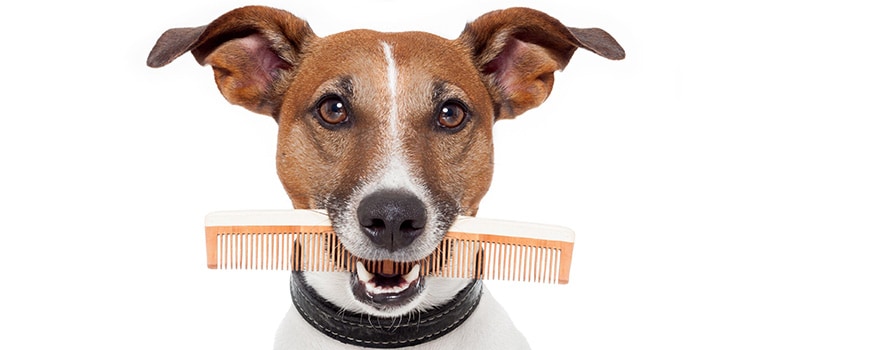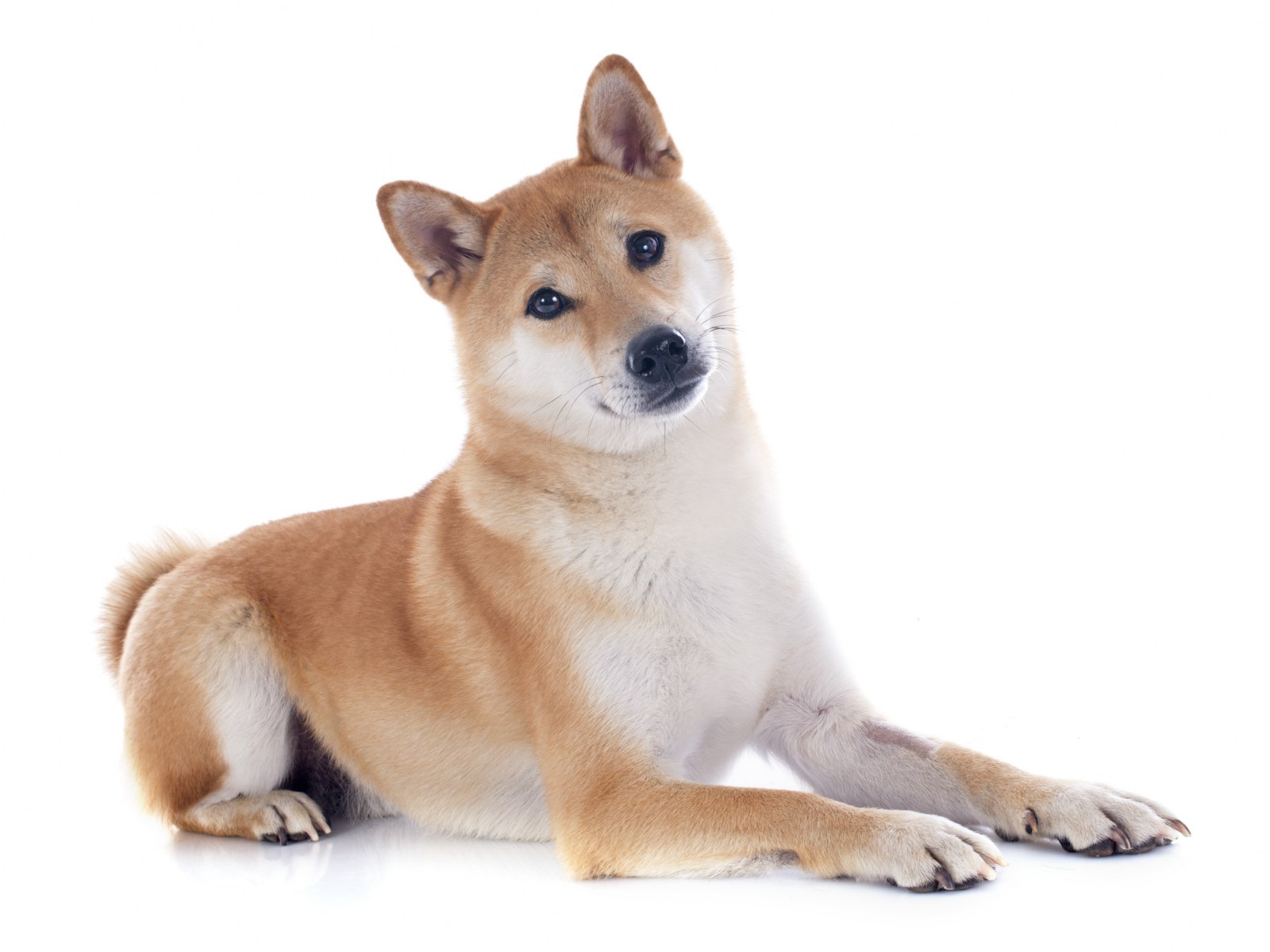 Grooming a Shih Tzu is fun! You and your Shih Tzu will enjoy each other’s company and strengthen the human-animal bond you share. It will take lots of practice (and maybe some helpful tips from accomplished Shih Tzu groomers), but in time you will develop your own favorite grooming techniques that keep your Shih Tzu looking “show ring ready”.
Grooming a Shih Tzu is fun! You and your Shih Tzu will enjoy each other’s company and strengthen the human-animal bond you share. It will take lots of practice (and maybe some helpful tips from accomplished Shih Tzu groomers), but in time you will develop your own favorite grooming techniques that keep your Shih Tzu looking “show ring ready”.
Here are some tips to make grooming sessions fun and enjoyable.
• Set up a regular grooming schedule.
• Choose a time and day when you have plenty of time to get the job done without being rushed or stressed.
• Gather your materials and supplies and place them within convenient reach of your work area and the grooming table.
• Train your Shih Tzu to be well mannered during grooming sessions and to sit and stand on the grooming table.
Gently and carefully wipe debris away from your Shih Tzu’s eyes with a soft, clean, damp washcloth. Wipe from the inner corner of the eye downward and outward. If your Shih Tzu’s eyes frequently tear, the hair will be stained a red brown color at the inner corners of the eyes. Prolonged tearing is a sign of eye problems. Consult your veterinarian about the cause of your Shih Tzu’s tearing and how to treat it before the problem becomes serious. Your veterinarian can also provide you with a product, safe for use around the eyes, to help eliminate the stain.
Comb the hair gently away from your Shih Tzu’s eyes every day. Loose hairs come in contact with the eyes and stick to the surface. Continual irritation from hairs can cause serious, painful conditions, such as dry eyes, infections, corneal ulcers, and blindness. Let your pet’s hair grow between the eyes and at the base of the muzzle (the bridge of the nose) until it is long enough to tie up in a topknot.
Do not trim these hairs unless absolutely necessary because they will require constant trimming to keep short or they will stick into the eyes and injure them. To avoid accident or injury, use only blunt-tipped scissors and cover the eyes with your hand when you trim stray hairs away from the face and eyes.
Rinse your Shih Tzu’s eyes daily with a gentle eyewash recommended by your veterinarian. Do not use eye products prescribed for yourself or for your other pets. Do not use products in the eyes that contain corticosteroids unless your veterinarian has specifically prescribed them for your Shih Tzu.
If your Shih Tzu is squinting, has reddened scleras (the normally white parts of the eyes), pale blue areas on the surface of either or both eyes, is tearing, or has a discharge from the eyes, contact your veterinarian immediately.
Clean around the muzzle, particularly at the bridge of the nose and where it comes in contact with the face between the eyes. Shih Tzu have a tendency to develop moist areas at the base of the muzzle and these areas can develop bacterial or fungal infections.
Trim excess hair from the ear canals by pulling or plucking them. Clean the inside of the ears with a soft, damp cloth and dry the ears thoroughly. Do not use ear-cleaning products that contain alcohol unless your veterinarian has recommended them. Alcohol is very drying and is painful on raw, tender, or inflamed areas. If you see any discharge from the ear or smell any foul odors, contact your veterinarian immediately. Ear problems are very painful and can lead to hearing loss and problems with balance.
Trim excess hair from between the footpads with blunt-tipped scissors and trim around the feet level with the grooming table to give them a rounded appearance. Neat, trimmed feet prevent mats, dirt, foreign objects (such as grass awns), and excess moisture (leading to bacterial growth, moist dermatitis, and sores) from accumulating between the toes.
Trim excess hair away from the groin area and under the tail with blunt-tipped scissors or a #10 or #15 clipper blade.
Trim the toenails. Dewclaws (vestigial digits located where a “thumb” would be) are usually removed, but if your Shih Tzu has her dewclaws, trim those nails as well. Untrimmed dewclaws can snag and tear, or grow into footpads and tissues, causing pain and lameness.

